By Ray Bennett
“What the hell kind of question is that?” It’s 1985 and I’m sitting with Robert Wagner, who turns 95 today, in his luxury trailer on the Warner Bros. lot where he was making the shortlived TV series “Lime Street”.
Two years earlier, I’d had lunch with him in that same trailer on the lot in Burbank where “Hart to Hart” was coming to an end. All around are photos of his family with many of his wife Natalie Wood (pictured below), who drowned at sea in November 1981 at the age of 43.
On the way there, in pouring rain, Wagner’s longtime PR man, George, says: “Please don’t ask him about Natalie or Jill. It’s not that he has anything to hide, it’s just that he has nothing he wants to say.” St. John was an old friend of the Wagners and she had been a steady companion since Wood’s death. (They would marry in 1990).
A sign on Wagner’s trailer door declares: Under No Circumstances Disturb Me. George knocks and we enter. Wagner is on the phone but he bids entry and George disappears. Wagner gets off the phone. At 53, he has become a little stout around the middle but he looks fit. His manner is stern until the smile comes and then there are few actors whose features are more appealingly friendly.
Wagner pours wine but not for himself: “Not when I’m working. I get sleepy.” He has seen me looking at the pictures on the wall but he chooses to remark on the trailer itself, which is the most luxurious you can imagine, and the moment is lost.
Two years later, we’re in the same trailer with the same photos of Wood but the mood is different because of the death of Samantha Smith (pictured below on the right), who was a co-star on the show. She had become famous at age 10 when she wrote a letter to then Soviet Leader Yuri Andropov and was invited to visit Moscow, which she did. She perished with her father in a plane crash just a month before I spoke to Wagner.
I choose my words carefully: I ask him if recent events had caused him to change his attitude toward mortality.
Wagner says, “What the hell kind of question is that?” and he ponders for a moment or two. He says, “So many people have had tragedy in their lives. I think you realise that when people that are very close to you are taken. Life constantly causes you to reassess just why you’re here. You realise that there are only a few things that are really important about being here, and that’s to be good to one another and to care for each other because no one has any control over what is going to be dealt to them in life. That little girl had a lot going for her and suddenly she’s gone. Her father, Arthur, was a wonderful man. They were quality people, believe me. So, yeah, it really makes you realise what’s important. My focus is my family. That’s always on top.”
I met Wagner several times and always found him to be a charming, self-deprecating and amusing gent, the kind who would write a note to your editor if he liked something you’d written. At a media event in 1987 for a TV movie titled “Love Among Thieves”, his co-star Audrey Hepburn was surrounded by admirers and it was impossible to get close. Wagner came to my rescue. We were chatting and he said, “Have you met Audrey?”. When I said no, he created a path through the scrum and so I met Holly Golightly, who was as unflustered and gracious you would hope.
The Detroit-born actor is probably known best today for his appearances on TV shows such as “NCIS” (with Mark Harmon, pictured below) and “Two and a Half Men” and the “Austin Powers” comedies and he’s always been easy-going about his career: “I came to Warner Bros. to try to break into movies and was signed to a picture with Jimmy Cagney called ‘The Grey Line’ or something like that. It was 1946-47, around there, but they had a big writers’ strike and it never got made. I went back to school but everything turns out for the best – you never know.”
In those days, all the major studios had scores of young performers under contract. Wagner worked steadily and it seems now that his career just sailed along in a wide range of pictures of varying quality. There was the title role in the period film “Prince Valiant” (1954), mountain-climbing adventure “The Mountain” (1956) with Spencer Tracy, espionage yarn “Stopover Tokyo” (1957) with Joan Collins, and romantic comedy “Say One for Me” (1959) with Debbie Reynolds and Bing Crosby.
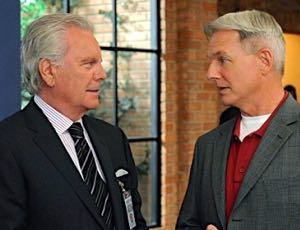 He told me, “I always knew that this was what I wanted to do but I never knew if I would make it. I had a lot of people stroking me over the years — a lot of good people like Spencer Tracy and Elia Kazan who boosted me. I could have gone down. I had a lot of enthusiasm but I don’t think I was really so talented. I don’t think I’ve had all that talent within me that was bursting loose, that couldn’t wait to be seen and captured on the screen. I think I was really fortunate.
He told me, “I always knew that this was what I wanted to do but I never knew if I would make it. I had a lot of people stroking me over the years — a lot of good people like Spencer Tracy and Elia Kazan who boosted me. I could have gone down. I had a lot of enthusiasm but I don’t think I was really so talented. I don’t think I’ve had all that talent within me that was bursting loose, that couldn’t wait to be seen and captured on the screen. I think I was really fortunate.
“I know what that sounds like, but it’s the truth. It’s the truth. I mean, you look back at some of those pictures and you say, ‘Whew!’ But I kept going and in some of the stuff I was good, you know? Some of the stuff, I was O.K. I look back, and some of it wasn’t so bad for the time. I’ve had a lot of ups and downs. It’s not been particularly a case of not getting the parts that you want but of not working at all.”
In the early 1960s, Wagner moved to Europe and made four movies there – World War II epic “The Longest Day” (1962), Philip Leacock’s “The War Lover” (1962) with Steve McQueen, Vittorio De Sica’s “The Condemned of Altona” (1962) with Sophia Loren, Maximillian Schell and Fredric March, and Blake Edwards’s “The Pink Panther” (1963) with David Niven, Peter Sellers and Claudia Cardinale.
Back in the U.S., he found that he had been forgotten: “When I came back from Europe in the early ’60s, I had a soft spot for a while. I was out of work for a long time. The guy who pulled me out of it was Paul Newman in ‘Harper’ (pictured above). I think I loosened up a little bit in that film too. I’ve been really fortunate to have worked with people who have encouraged me, who’ve said, ‘Come on, you know it’s not gonna be that bad. Do it!’ I was sitting around the other day with a guy who started out in the picture business the same time I did and, I don’t know, it’s a real phenomenon: if you’re there and you keep going, if you just keep punching at it, somehow you stick around.”
Later would come blockbusters such as “The Towering Inferno” (1974) with Steve McQueen, Paul Newman and William Holden and “Midway” (1976) with Charlton Heston, Henry Fonda, James Coburn and Robert Mitchum and TV movies including “Cat on a Hot Tin Roof” (1976) with Natalie Wood and Laurence Olivier, “There Must Be a Pony” (1986) with Elizabeth Taylor, and “Love Among the Thieves” (1987) with Audrey Hepburn.
His TV series “It Takes a Thief” ran for just 66 episodes from 1968 to 1970 but was extremely popular and “Switch” ran for 71 episodes from 1975 to 1978. His biggest TV success was in “Hart to Hart” with Stefanie Powers, which had 111 episodes from 1979 to 1984 and returned in 1993 for a series of TV movies.
Wagner made a TV series in the United Kingdom in the 1979s for the BBC and Universal Pictures titled “Colditz”. A prisoner of war drama set during World War II, it costarred Jack Hedley, Richard Heffer and Edward Hardwicke, shown below standing behind Wagner and David McCallum. The series ran for 24 episodes in 1972-74 but the American actor appeared in just 14 of them.
He told me, “I liked the opening, the first year, but then we had a very difficult time. It started out as a kind of documentary but in the end they had the prisoners out sitting on deck chairs and they’d be singing away. The guys in Colditz never sang; they were starving to death. I said, ‘What is this, a bloody musical?’ I turned my back on the camera and walked out because they took something that could really have been great and put it in the toilet. The reason I reacted so strongly was because I really loved doing it, and I hated to see it wasted.”
Wagner said he had no great roles that he was dying to play, or the book that he wanted to make into a film: “There is no ‘Gandhi’ in my life. I think actors have to take what is dealt to them. You can spend an awful lot of time worrying about what you’d like to do but there’s a lot of good stuff just lying around on the ground if you peck at it long enough and make it happen.”
He was particularly proud of working with Olivier and Wood in the TV version of “Cat on a Hot Tin Roof” (pictured below): “I’ve often said I never thought something like that would happen to me in my whole life. A telephone call comes. I say, ‘What? Tennessee Williams? Larry Olivier?’ I mean, jeez! You never know what’s gonna come down the road.”

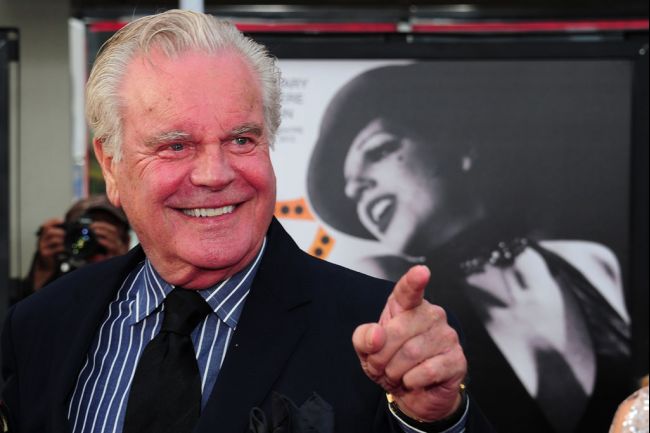
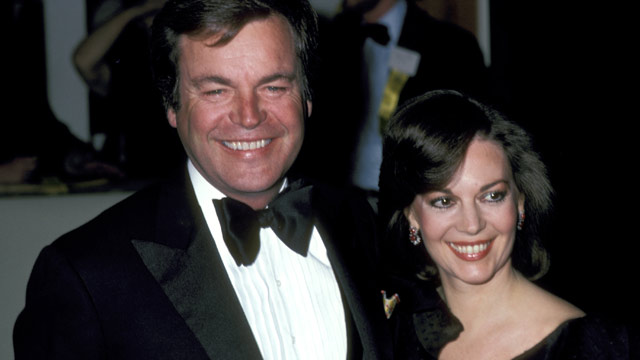
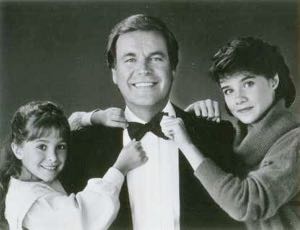
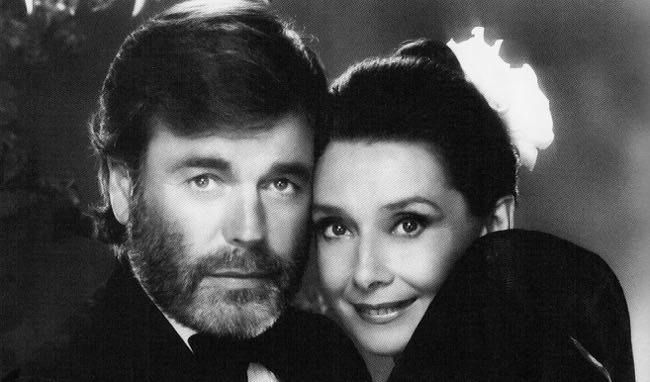
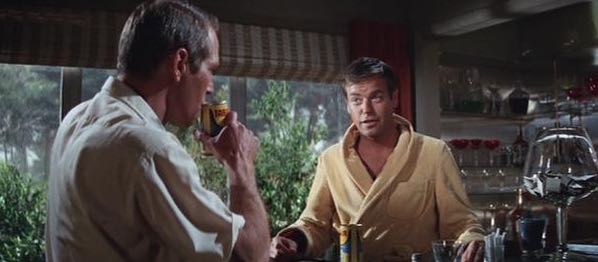
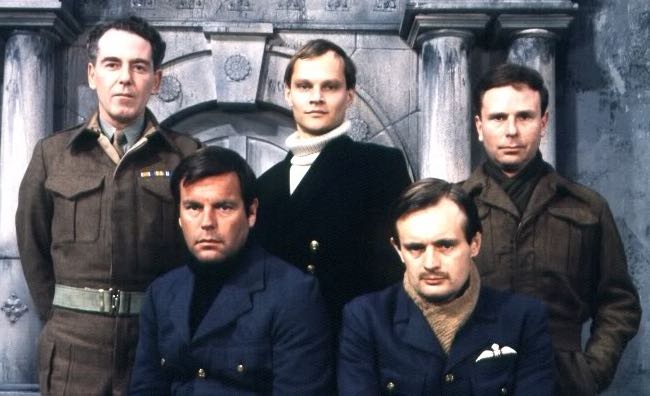
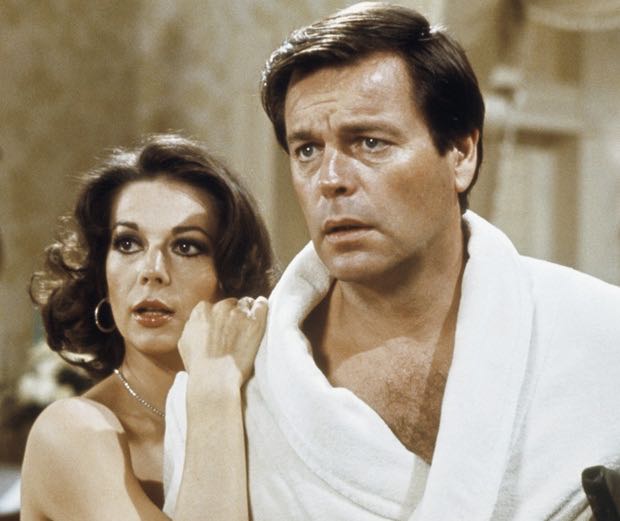
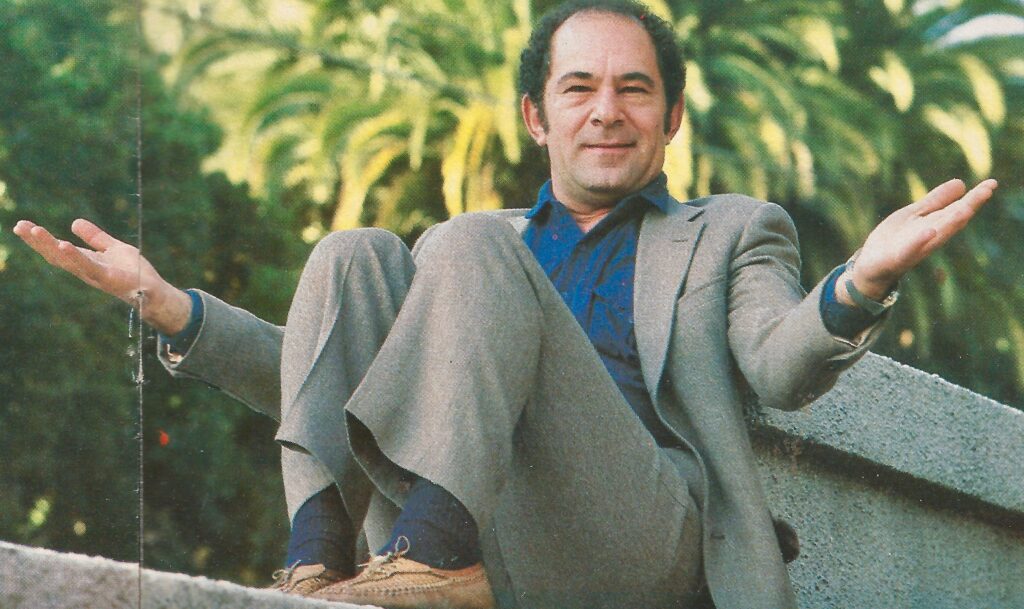
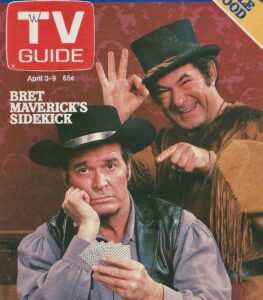 ‘That’s how I like to think of myself,’ Margolin told me in 1982 for a cover story in Canadian TVGuide. ‘Some guys can take a sidekick, others can’t. Jim didn’t have a sidekick for many years and he doesn’t need one but somehow this has evolved snd I think we work well together.’
‘That’s how I like to think of myself,’ Margolin told me in 1982 for a cover story in Canadian TVGuide. ‘Some guys can take a sidekick, others can’t. Jim didn’t have a sidekick for many years and he doesn’t need one but somehow this has evolved snd I think we work well together.’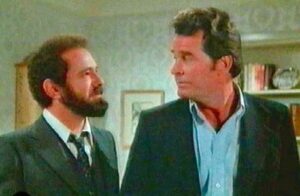 Taking voice lessons to lose his Texas accent, Margolin gradually won small stage roles leading to the road company that took him to Los Angeles in 1960. There, he dound steady work on TV series such as ‘My World and Welcome to It’ and ‘The Partridge Family’ and acting in movies including ‘Death Wish’ and ‘Kelly’s Heroes’.
Taking voice lessons to lose his Texas accent, Margolin gradually won small stage roles leading to the road company that took him to Los Angeles in 1960. There, he dound steady work on TV series such as ‘My World and Welcome to It’ and ‘The Partridge Family’ and acting in movies including ‘Death Wish’ and ‘Kelly’s Heroes’.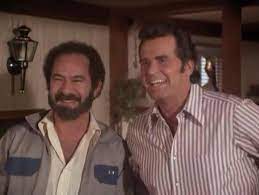 Margolin’s sidekick eccentricity found its purest expression in Garner’s reprise of his western show, ‘Breat Maverick’. He played Philo Sandeen, a Yugoslavian who came to the New World, decided that he preferred to live the way the Indians lived and preferred to go by the name Great Scout Standing Bear. Philo Sandeen was much more capable than Angel and more dangerous. Margolin said, ‘After a while, as Angel, it became incumbent to get a laugh on everything I did and I didn’t want to fall into that.’
Margolin’s sidekick eccentricity found its purest expression in Garner’s reprise of his western show, ‘Breat Maverick’. He played Philo Sandeen, a Yugoslavian who came to the New World, decided that he preferred to live the way the Indians lived and preferred to go by the name Great Scout Standing Bear. Philo Sandeen was much more capable than Angel and more dangerous. Margolin said, ‘After a while, as Angel, it became incumbent to get a laugh on everything I did and I didn’t want to fall into that.’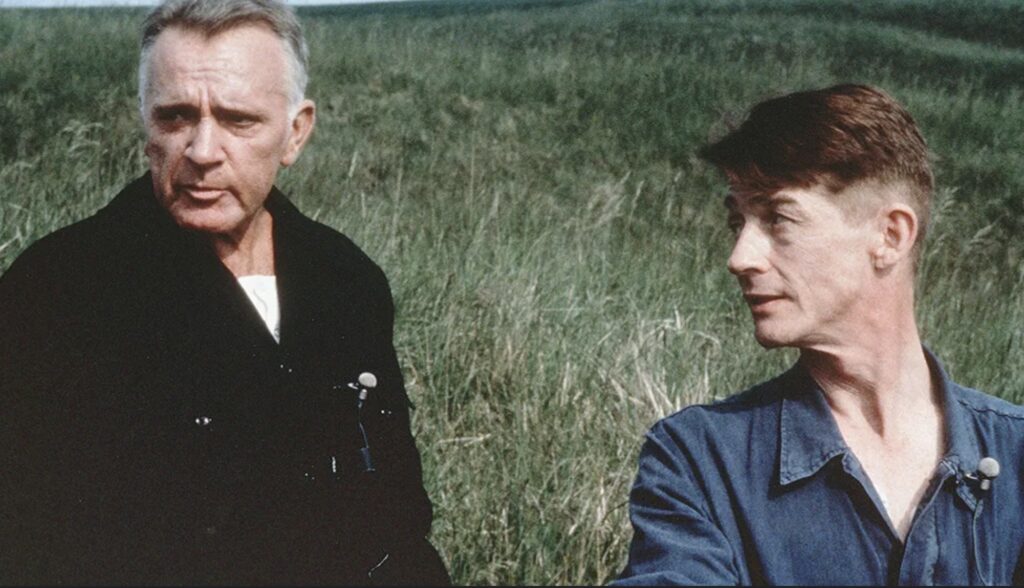
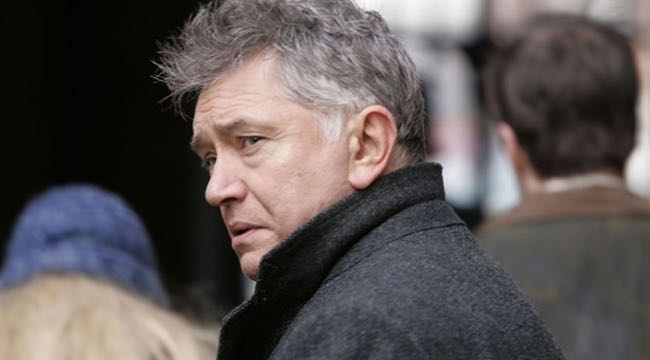
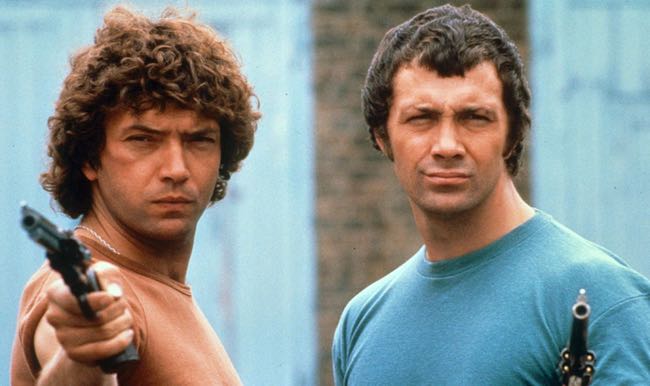
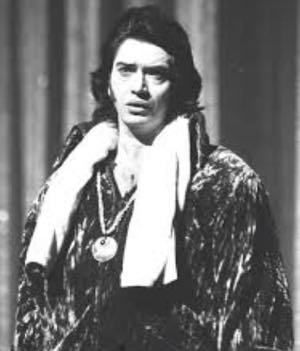
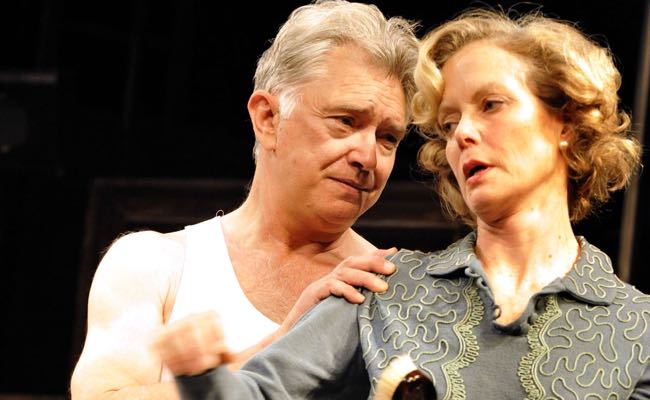
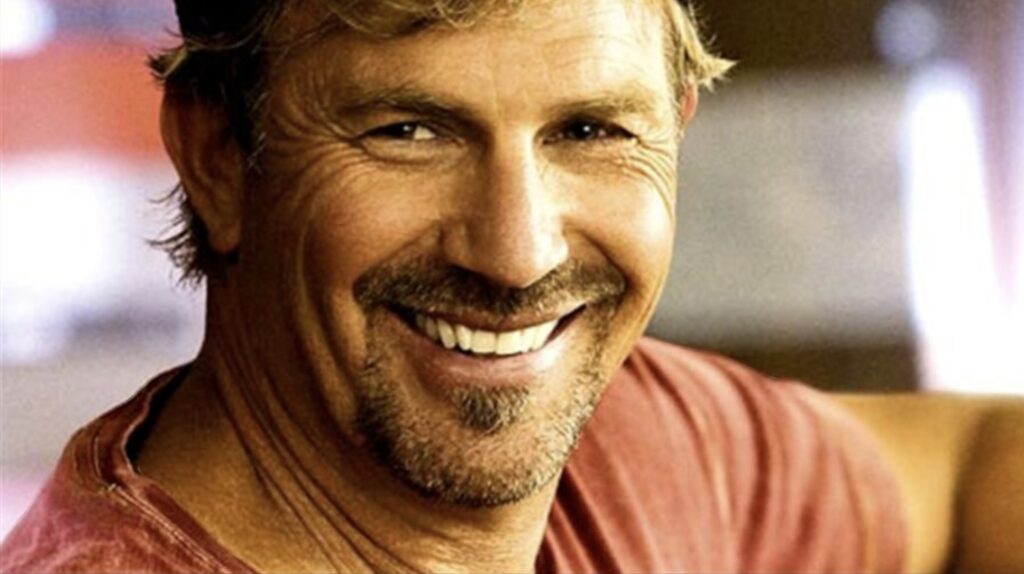
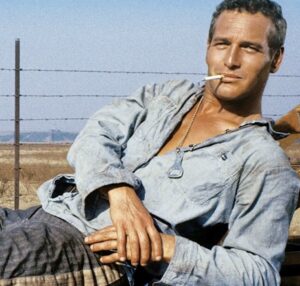
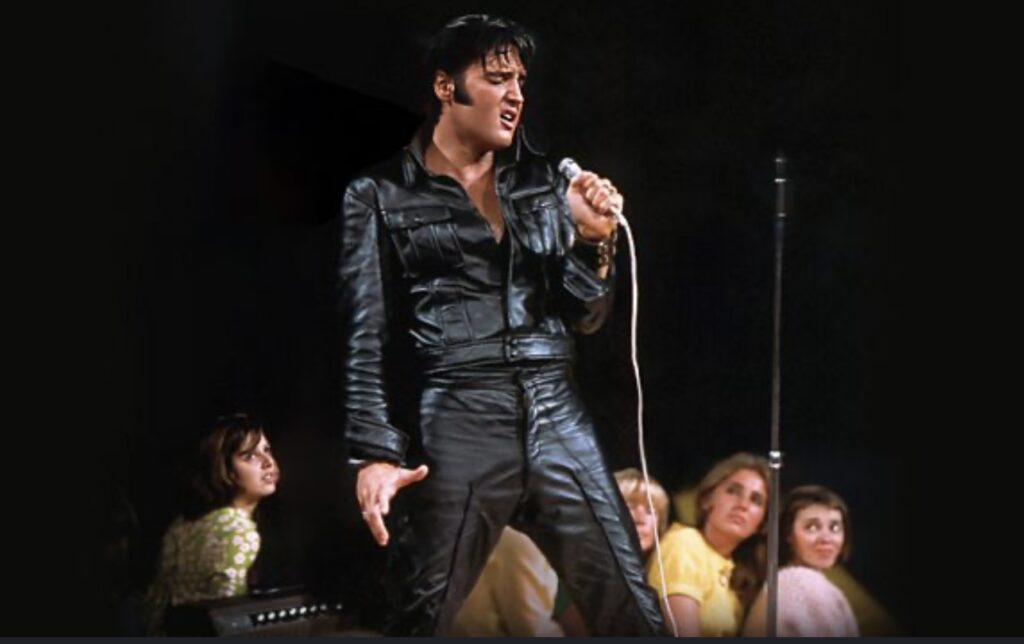
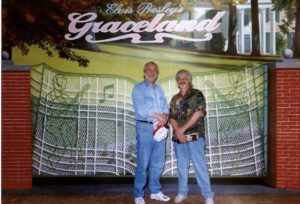

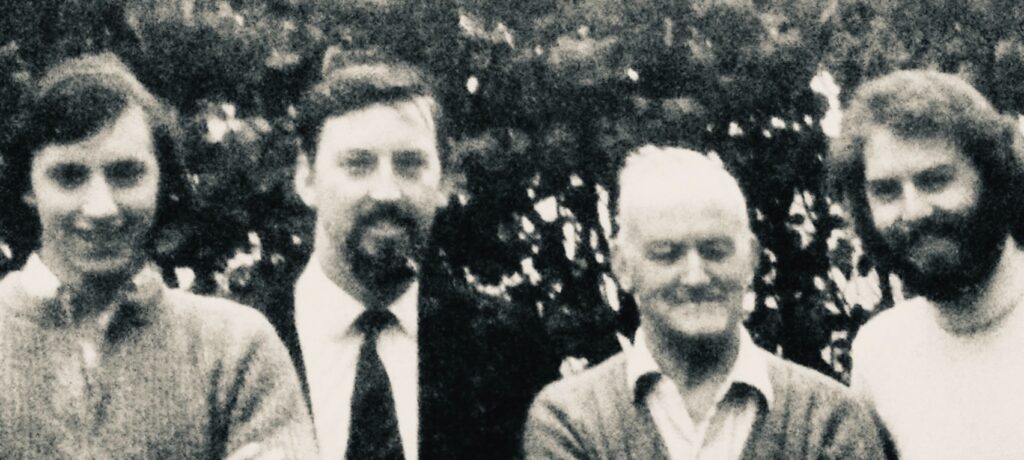
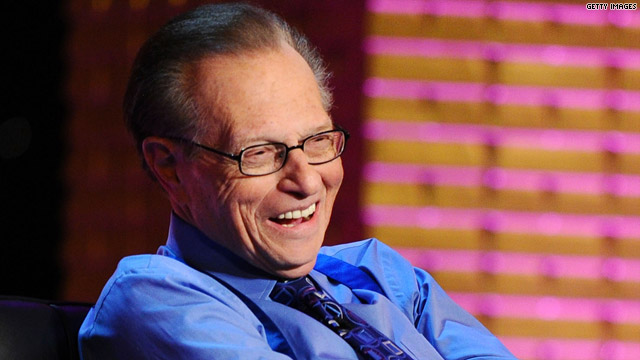
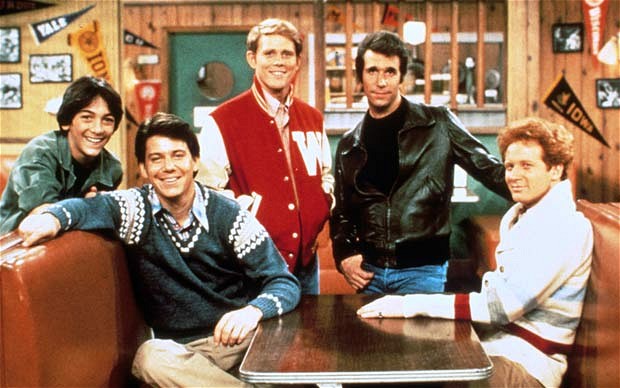
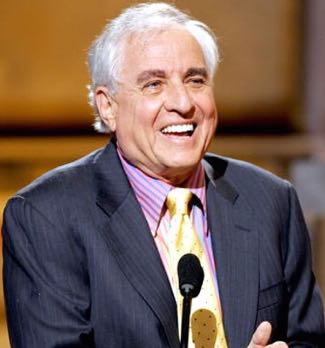
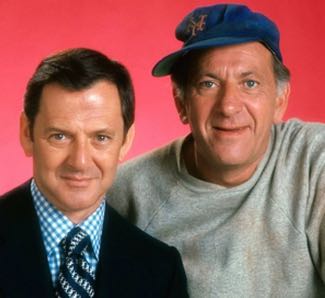
The astonishing range of Gene Hackman
By Ray Bennett
With most movie stars it’s not very difficult to sort out a Top 10 of your favourite films but Gene Hackman’s exceptional 40-year career has included so many terrific performances in such a wide range of films that it’s impossible. As the retired actor turns 95 today, here’s an extended list of Hackman films from his 99 acting credits that are even more watchable than most.
Obviously there are his Oscar-winning appearances in “The French Connection” (1971) and “Unforgiven” (1992) and his nominated roles in “Bonnie and Clyde” (1967), “I Never Sang for My Father” (1970) and “Mississippi Burning” (1989) plus the sequel “The French Connection II” (1975) and pleasing turns in “Superman” (1978) and “Superman II” (1980). But there are so very many more.
I met him once at the Long Beach Grand Prix in 1980 when he was the celebrity winner of the Toyota Pro/Celebrity Race with Parnelli Jones the pro winner. Not known for his patience with reporters, I approached him gingerly as he stood quietly by himself but he turned out to be completely relaxed and happy to chat.
Hackman retired in 2004 after “Welcome to Mooseport” and director Alexander Payne said at a Bafta Q&A last year that he had declined repeated attempts to get him to play what became Bruce Dern’s Oscar-nominated role in “Nebraska”.
It was a great disappointment when he retired but a great pleasure to learn from William Friedkin, who directed the actor in the “French Connection” films, at dinner at the Locarno International Film Festival a few years back, that Hackman was hale and hearty and enjoyed his family and his painting in his retirement home in Santa Fe.
Here’s my list of 20 other must-see Gene Hackman films.
Scarecrow (above, 1973)
My favourite Gene Hackman movie in which he displays his extraordinary ability to be dangerous, sympathetic, vulnerable, and remarkably funny. He plays an ex-convict on his way back east where he aims to open a laundromat but his plans are diverted when he encounters a forlorn ex-sailor (Al Pacino) on the highway and decides to help him find his former sweetheart and their child. Directed by Jerry Schatzberg (“The Panic in Needle Park”), it co-stars Dorothy Tristan, Ann Wedgeworth and Eileen Brennan. Hackman’s striptease in a bar is a joy to see.
The Royal Tenenbaums (above, 2001)
Splendidly enjoyable Wes Anderson saga about the weird and wonderful Tenenbaum family whose estranged patriarch (Hackman) returns to announce that he is soon to die. Anjelica Huston plays his former spouse with Ben Stiller, Gwyneth Paltrow and Luke Wilson as their offspring. The cast includes Owen Wilson, Bill Murray, Danny Glover, Seymour Cassel, Kumar Pallana and Alec Baldwin. Hackman is marvellous and the entire cast raise their game delightfully.
The Conversation (1974)
Superb and highly praised study of a surveillance expert who comes to suspect that the subjects of one of his assignments will become murder victims. Paced deliberately by writer/director Francis Ford Coppola as the tension mounts, it shows Hackman at his quiet and observant best. John Cazale, Allen Garfield, Federic Forrest and Cindy Williams co-star.
Under Fire (above, 1983)
One of the best films about dirty dealings by the United States in Central America directed by Roger Spottiswoode. Hackman, Joanna Cassidy and Nick Nolte play journalists covering the final days of the corrupt reign of dictator Somoza in Nicaragua in the 1970s. Ed Harris co-stars.
Bite the Bullet (above, 1975)
Richard Brooks writes and directs an epic and hugely entertaining western about a grand horserace across plains and deserts with Hackman as an ex-Rough Rider and a fine cast that includes Candice Bergen, James Coburn, Ben Johnson, Ian Bannen, Jan-Michael Vincent and Dabney Coleman.
Hoosiers (1986)
Hackman plays a basketball coach tarnished by scandal who goes to work at a small town highschool and inspires the team to go for the championships despite local whispers and naysaying. Directed by former “Hill Street Blues” producer David Anspaugh, it’s a gentle and emotional film that co-stars Oscar nominated Dennis Hopper with Barbara Hershey and Sheb Wooley. Jerry Goldsmith also had an Oscar nomination for his evocative score.
Cisco Pike (1972)
Sex, drugs and rock’n’roll set in Venice, CA, with Kris Kristofferson as a faded star whose attempt to go straight after a jail term for dealing drugs is threatened by a crooked cop (Hackman) who blackmails him into another drug deal. Karen Black, Harry Dean Stanton, Roscoe Lee Browne co-star with Viva and Joy Bang.
Prime Cut (above, 1972)
Gritty crime story about a tough Chicago hoodlum (Lee Marvin) who is sent to a cattle ranch in Kansas City run by a flamboyant criminal who uses his mincing machine to deal with miscreants and trades in women (including Sissy Spacek in her debut) that he keeps in his cattle pens. Seedy, sordid and hugely entertaining
Heist (2001)
Tense and inventive story with Hackman as a veteran jewel thief mixed up in a job with people he has no reason to trust. Written and directed by David Mamet, it co-stars Danny DeVito, Delroy Lindo, Sam Rockwell, Ricky Jay and Patti LuPone.
Marooned (1969)
Hackman is one of three US astronauts stranded in space in an exciting John Sturges picture that also stars Gregory Peck, Richard Crenna, David Janssen, James Franciscus, Lee Grant and Mariette Hartley. It won the Oscar for best effects that year.
Downhill Racer (1969)
Engaging sports yarn directed by Michael Ritchie about a US ski team led by Robert Redford, who won the Bafta for best actor, with Hackman as the coach.
The Gypsy Moths (1969)
John Frankenheimer’s film of James Drought’s 1955 novel about a July 4 weekend show in a small American town put on by a team of barnstoming skydivers. Burt Lancaster and Deborah Kerr are reunited 16 years after “From Here to Eternity” and the strong cast includes Bonnie Bedelia, Shree North and Scott Wilson.
Twilight (1998)
Hackman, Paul Newman and James Garner star in an elegant and elegiac tale about oldtimers mixed up in a 20-year old murder case directed by Robert Benton, who scripted with Richard Russo. Susan Sarandon co-stars along with Reese Witherspoon, Stockard Channing, Giancarlo Esposito, Liev Schreiber, Margo Martindale and M. Emmet Walsh.
The Firm (1993)
David Rabe, Robert Towne and David Rayfiel make cracking improvements to John Grisham’s thriller about a corrupt Memphis law firm and Sydney Pollack keeps a furious pace. Hackman plays a weak and vulnerable crooked lawyer as newcomer Tom Cruise and his wife Jeane Tripplehorn attempt to bring justice to bear along with David Strathairn and Oscar-nominated Holly Hunter. Hal Holbrook and Wilford Brimley are among the bad guys with Ed Harris as a determined lawman. Terrific Oscar-nominated piano score by Dave Grusin.
Crimson Tide (above, 1995)
Tony Scott directs a version of “Mutiny on the Bounty” underwater in a sturdy and suspenseful drama that pits an old-school taskmaster submarine captain (Hackman) against a formidable younger officer (Denzel Washington) who fears that his boss has lost his judgment. Matt Craven George Dzundza, Viggo Mortensen and James Gandolfini co-star.
Get Shorty (1995)
Savvy Elmore Leonard yarn directed wittily by Barry Sonnefeld about an East-coast hoodlum (John Travolta) who is beguiled by the easy takings on hand in greedy and gullible Hollywood. Hackman plays a not-very-bright producer and the cast includes Danny DeVito, Rene Russo and Dennis Farina. Terrific soundtrack with score by John Lurie.
No Way Out (1987)
Hackman’s on the dark side as a weak politician in Roger Donaldson’s tense little thriller in which a navy officer (Kevin Costner) must beat the clock in the hunt for the real villain after the politico’s mistress is killed. Sean Young co-stars with George Dzundza, Howard Duff and Will Patton in a gripping turn as the politician’s devious but increasingly desperate aide.
The Package (1989)
Andrew Davis, who went on to make “Under Siege” and “The Fugitive”, directs a snappy little thriller in which Hackman plays a veteran Green Beret sergeant whose Airborne Ranger prisoner (Tommy Lee Jones) escapes as he escorts him back to the US. Joanna Cassidy, John Heard, Dannis Franz and Pam Grier co-star.
Full Moon in Blue Water (1988)
A sweet and moving story with Hackman as a widower named Floyd who owns a bar in a small Texas town on the Gulf of Mexico and struggles with a failing business, depression from his grief, and an aging father-in-law (Burgess Meredith) who suffers from dementia. Teri Garr and Elias Koteas play sympathetic workers at the bar with Kevin Cooney as a businesman who aims to take advantage of Floyd’s dilemma.
Night Moves (1975)
Hackman plays a former football player turned private detective who is hired to find the wayward teenaged daughter of a faded Hollywood starlet. Directed by Arthur Penn, it co-stars Jennifer Warren, Susan Clark, Edward Binns, Harris Yulin and Kenneth Mars with a provocative debut by the then 18-year-old Melanie Griffith.